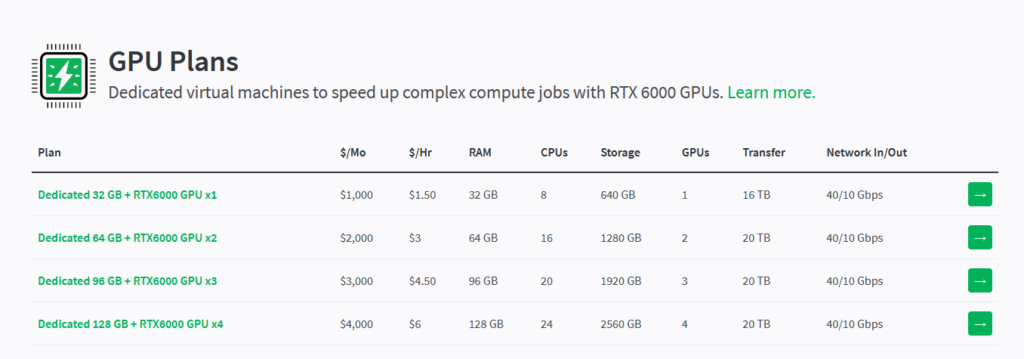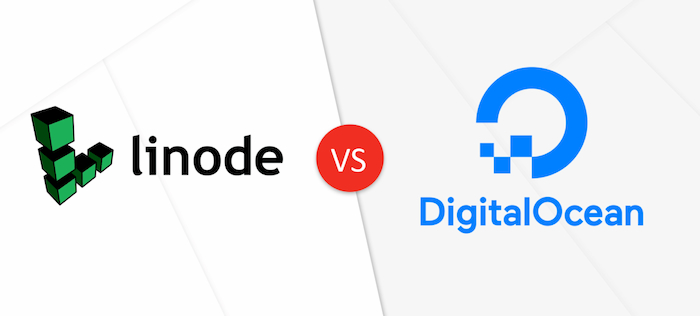Linode vs Digital Ocean: A Comprehensive Comparison
Navigating the vast possibilities of the cloud computing landscape can be daunting, but Linode vs Digital Ocean stand out as leading contenders. In this head-to-head comparison, we unravel the intricacies of these platforms, highlighting their strengths, weaknesses, and key distinctions to empower you with the knowledge needed to make an informed decision.
Product Offerings and Specializations
Linode: With an extensive product spectrum encompassing block storage, load balancers, dedicated CPU types, and more, Linode caters to diverse project needs. This versatility positions as the go-to choice for complex setups requiring a range of specialized services.
Digital Ocean: Focused on simplicity, Digital Ocean excels in providing SSD-based VMs, making it an ideal option for users seeking straightforward cloud solutions without the added complexities of additional services.
Example: Picture a company managing demanding game servers that require dedicated CPU power. Linode’s diverse offerings make it a formidable choice, whereas a startup prioritizing a streamlined experience might favor Digital Ocean’s SSD-based VMs.
Pricing Models
Linode: Embracing a pay-as-you-go approach, allows users to scale resources and pay only for what is consumed. This flexibility proves beneficial for businesses with fluctuating workloads and unpredictable resource needs.
Digital Ocean: Employing a slightly costlier but higher-performance model, Digital Ocean provides users with stable and robust computing resources. While less flexible, this model ensures consistent power for applications demanding reliability.
Example: An e-commerce platform experiencing peak seasons might leverage pay-as-you-go model, while a data-intensive application could prioritize Digital Ocean’s performance-oriented pricing for sustained power.

API Flexibility and Scalability
Linode: Distinguishing itself with a more flexible API, empowers developers to automate tasks and tailor their platform interactions. This level of customization caters to power users and complex deployments.
Digital Ocean: Shining in scalability, Digital Ocean offers a seamless experience for users looking to rapidly expand their operations. The simplicity of its platform makes it ideal for growing businesses needing quick and efficient resource scaling.
Example: A development team emphasizing automation and in-depth management might appreciate Linode’s flexible API, while a rapidly growing startup could find Digital Ocean’s scalability crucial for smooth expansion.
User Interface and Experience
Linode: Providing a comprehensive and feature-rich interface, offers detailed information and granular control over cloud resources. While this depth might overwhelm novice users, it suits experienced hands seeking maximum control.
Digital Ocean: Adopting a clean and user-friendly design, Digital Ocean’s interface is perfect for beginners and those desiring a streamlined cloud experience. Its intuitive design prioritizes ease of use over feature overload.
Example: A seasoned developer accustomed to complex interfaces might find Linode’s depth valuable, while a new user could prefer Digital Ocean’s intuitive and straightforward design.
Making the Right Choice
Ultimately, the “best” platform depends on your specific needs and preferences. Consider these key takeaways:
- Linode: For diverse product needs, flexible pricing, and API customization.
- Digital Ocean: For simplicity, high-performance VMs, and rapid scalability.
Evaluate your project requirements, weigh the pros and cons of each platform, and don’t hesitate to experiment to find the perfect fit for your cloud computing journey. By carefully considering these factors, you’ll be equipped to make an informed decision and navigate the exciting world of cloud computing with confidence!



